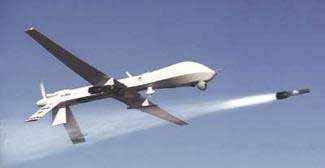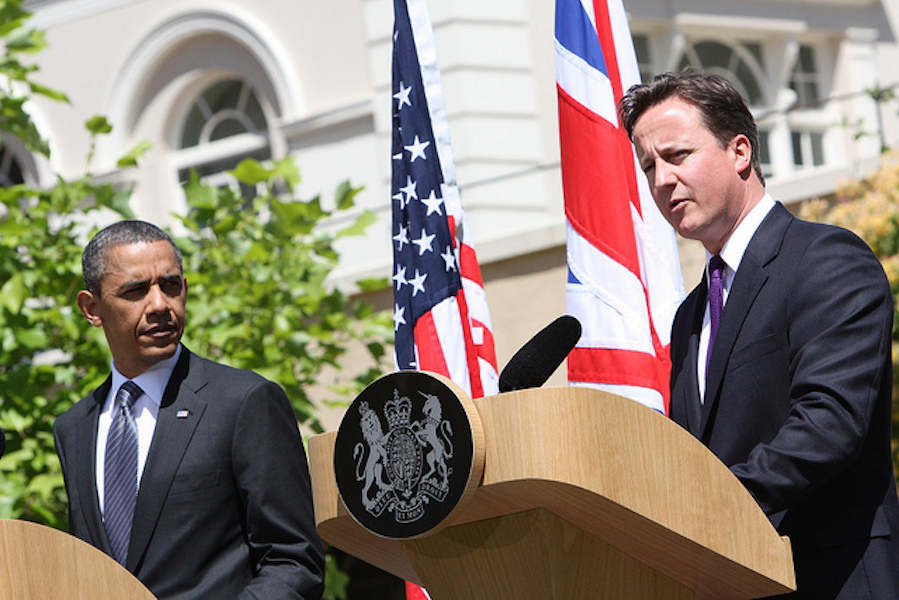As military technology has advanced, so too have efforts to restrict the use of certain weapons. In 1096, Pope Urban II called for a prohibition on the use of crossbows against Christians; the ban would later be upheld by Conrad III as Holy Roman Emperor and the Second Lateran Council under Pope Innocent II. Since then, military technology has advanced considerably, the destructive potential of drone strikes far surpassing that of the crossbow. As such, the aversion of some governments to the use of drones seems a natural progression in the human desire to limit the impact of warfare and weaponry.

Certainly, there are serious risks posed by the use of drones in targeted killings. As has been demonstrated by the use of drone strikes by the United States of America in such countries as Pakistan and Yemen, drones undermine multilateralism and diffuse the accountability of policymakers. Whereas US leaders would have once been compelled to make the case for intervention to the international community and the American public, it is now possible to turn a military strike into a purely bureaucratic decision. Given the nature of drones, the implications of that decision may never be known to the public, further preventing the voter from having a say on how America’s military resources are to be used.
The proliferation of weaponized drones, as well as the endorsement of their use in targeted killings, would have worrying implications for international stability. This is not to say that the capacity to carry out drone strikes would mean a return to a multipolar world. But, as drones allow for a certain degree of deniability, a deepening sense of distrust among international actors could create a climate of Hobbesian anarchy – “a war of all against all,” where anyone could be responsible for drone strikes and so every country is to be suspected.
To forestall this scenario and the resulting erosion of trust in drone-capable countries, it may be necessary to adopt a set of standards governing the use of drones. An outright prohibition on all existing drone technologies would be problematic, especially as drones can be used for legitimate surveillance purposes, helping to ensure compliance with disarmament agreements (such as reconnoitring suspected WMD sites) or supporting humanitarian operations. However, an international agreement similar in some respects to the Convention on Cluster Munitions, though perhaps even more ambitious in scope, would help to prevent drones from becoming the premier weapon of choice for policymakers wanting to avoid debate over intervention with increasingly sceptical electorates.

Such an agreement could prohibit the production, sale, stockpile, transfer, and use of weaponized drones, as well as the assignment of weapons payloads to otherwise unarmed drones. Failure to comply with the terms of this Convention by a signatory could result in sanctions of varying severity based on the significance of the breach. While signing such an agreement is purely voluntary, many drone-capable countries could suffer further damage to their reputation or ‘soft power’ by refusing to participate in the process of regulating drones. The United States of America, the Russian Federation, and a number of other countries have thus far failed to sign the aforementioned Convention on Cluster Munitions to little negative effect. At this juncture, however, people around the world have become far more aware of the issues surrounding drone strikes than they are with cluster munitions. This heightened awareness could provide precisely the kind of pressure necessary to bring American, Russian, and other representatives to the negotiating table on drones, though it remains to be seen how well communities can be mobilized around this issue.
Much effort and creativity will need to be given over to the drafting of the agreement discussed here. After all, despite the best efforts of popes and emperors, the crossbow became commonplace on the battlefield and was eventually replaced by far deadlier weapons. Countries which have already taken a decisive stand against the use of drones in targeted killings, such as Germany, could lend moral fortitude to the drive toward regulating drones while at the same time reinforcing their own soft power capacity.




